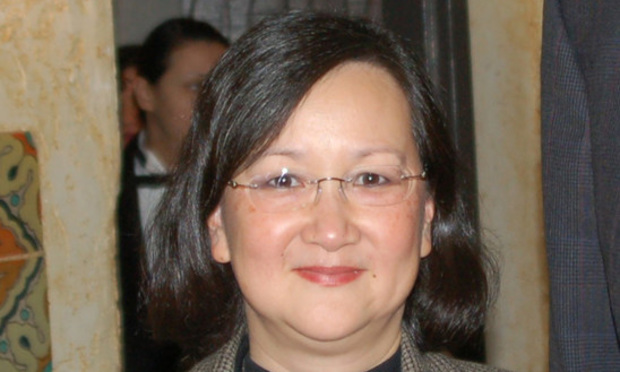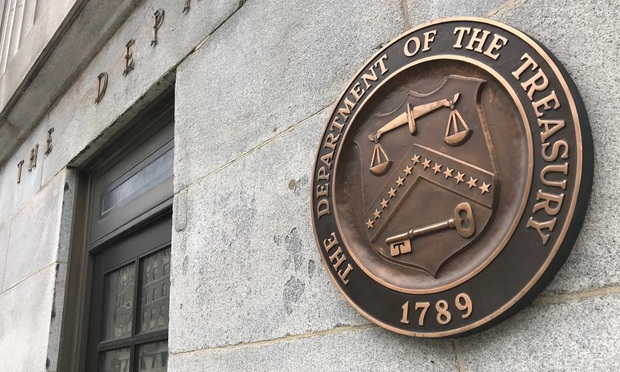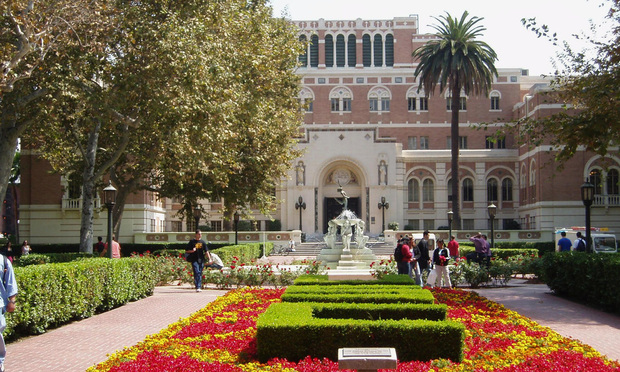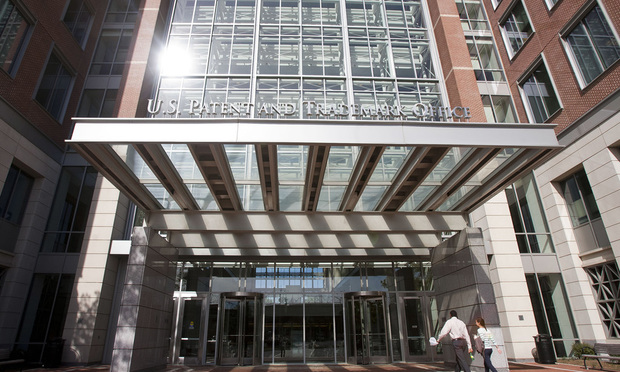The Big Ducks: Are There Any Lessons?Two of the U.S. Supreme Court's most closely watched cases—both with potentially sweeping ramifications—fizzled this month. The justices, in narrow rulings, ducked big questions in the
partisan gerrymander challenges and the
Colorado wedding cake case. Justice Anthony Kennedy was expected to be key in those decisions. What's going on?
We asked a number of court scholars for their takes. Here are some of their thoughts on Masterpiece Cakeshop v. Colorado Civil Rights Commission (7-2) and the unanimous decision in Gill v. Whitford.
➤➤ David Strauss of the
University of Chicago School of Law notes Kennedy's "well-established ambivalence" about the issues in those cases, particularly the partisan gerrymandering question. And Masterpiece Cakeshop enabled Kennedy "to be on both sides—gay equality and respecting religious belief—pretty resoundingly in the same opinion, in fact."
Strauss says the two decisions recall the recent period when there were only eight justices—after the death of Antonin Scalia—and the court decided cases narrowly to avoid splitting 4-4. "Here they seem to want to avoid splitting 5-4," Strauss says.
"The optimistic, I guess, view is that they don't want to contribute to the partisan atmosphere in the country. The more realistic view, I'm afraid, is that there are going to be some sharply divided 5-4 decisions coming—Janus (union fees) and maybe travel ban—and they wanted to limit the extent to which they were divided on the usual lines."
➤➤ Because it was a three-judge-court case, the justices had to take Gill, says
Pamela Karlan, of
Stanford University Law School. However, "Masterpiece Cakeshop was kind of a self-inflicted wound," she says. The case was relisted many times before Gorsuch joined the bench. Karlan adds: "They didn't have to take the case and there were all sorts of off-ramps on it."
➤➤ Alan Morrison of
George Washington University School of Law says about Masterpiece Cakeshop: "It really matters exactly what the couple asked for and wanted, and what the baker said he would do and would not do." But in his view, he says, the Colorado state commission "did not focus in that level of detail and so the court may have felt that it was being asked to make a ruling on facts that were highly uncertain." The gerrymander decisions are different, Morrison says. "My guess is that the court is now poised to get around the political question doctrine, but on a district-by-district basis, which is what they have done in racial gerrymandering cases."
➤➤ The Gill and Masterpiece decisions reflect the court's ambition "to answer important questions without a reliable means" of resolving when rights conflict, as in Masterpiece Cakeshop, or when recognition of a right, as in the partisan gerrymander cases, requires judicial management, says
Jamal Greene of
Columbia University Law School. "Other jurisdictions adopt more modest understandings of the scope of rights and so they tend to find cases of this sort less paralyzing," he says.
➤➤ Richard Hasen of the
University of California Irvine School of Law says he thinks the narrow decisions mean, on one hand, "that Justice Kennedy expects to be around and can decide these issues in a future term. On the other hand, perhaps Justice Kennedy did not want to leave the court on such a divisive note. I guess we will know in the next week or two."










Comments
Post a Comment